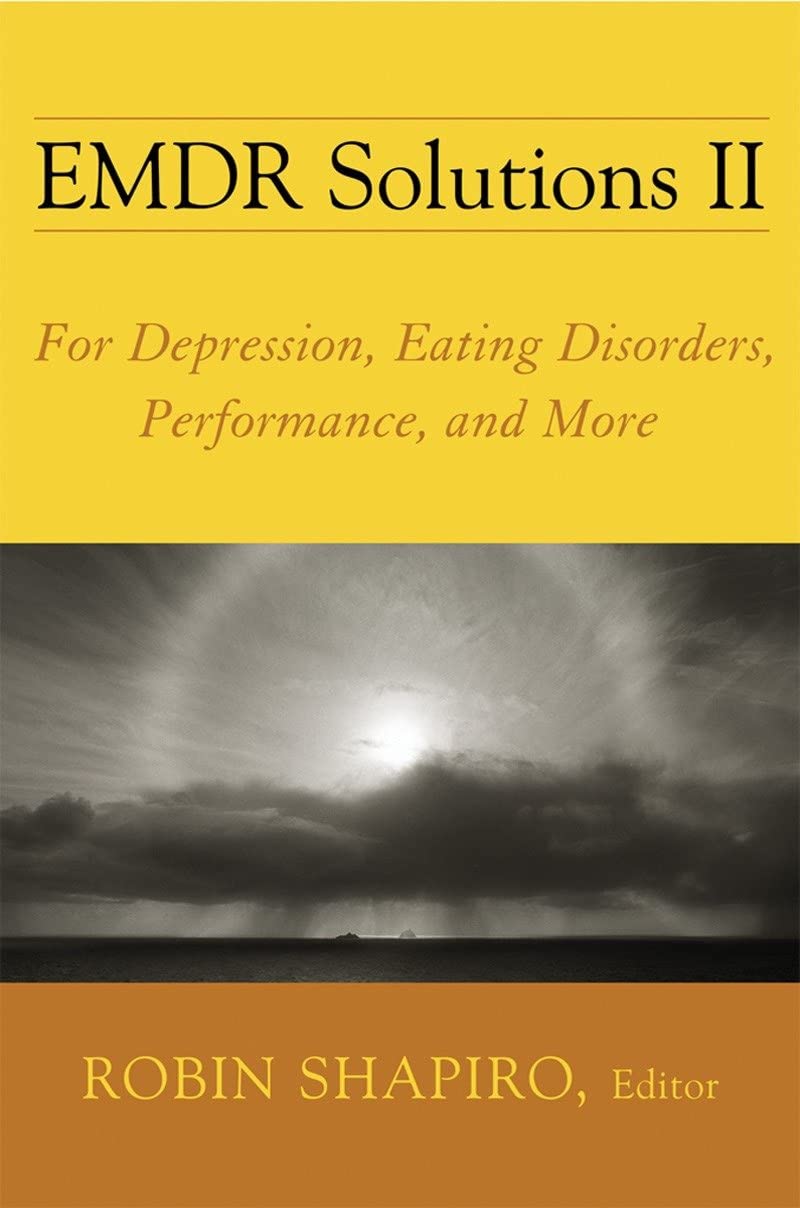An overview of trauma-informed care and practice for eating disorders
This article examines the relationship between eating disorders (ED) and trauma-related comorbidities; trauma-informed treatments are recommended.
Article Abstract
“This article reviews concepts and principles of trauma-informed care and trauma-informed practice for those with eating disorders (EDs). EDs are not universally recognized to be associated with traumatic events, despite substantial research evidence indicating that individuals with EDs report very high rates of childhood maltreatment, other lifetime traumatic events, as well as adverse consequences from trauma. Using national representative samples, higher prevalence rates of PTSD and other trauma-related comorbidities have been reported in those with EDs, particularly those with bulimic symptoms (binge eating and/or purging). Evidence suggests that those prone to develop EDs appear to be especially sensitive to the effects of stress/adversity and have high rates of premorbid anxiety disorders, personality traits, and neuropsychological features that predispose them to PTSD and its symptoms. This article also reviews some of the important principles for treating individuals with EDs comorbid for PTSD and other trauma-related disorders, including the necessity of moving beyond sequential treatment to the development of integrated treatment protocols. Integration of existing evidence-based treatments, including family therapy, cognitive behavioral therapy, dialectical behavior therapy, cognitive processing therapy, prolonged exposure, and eye movement desensitization reprocessing are recommended. Recent research suggests that ED clinicians view integrated treatment for individuals with ED and PTSD as a top priority, yet they have several concerns about administering such a treatment. As trauma-informed care is embraced by all clinicians and treatment programs that assess and treat eating and related disorders, better outcomes are anticipated.”
—Description from publisher
Article Access
Purchase/Subscription Required
Brewerton, T. D. (2018). An overview of trauma-informed care and practice for eating disorders. Journal of Aggression, Maltreatment, and Trauma, 28(4), 445-462. https://doi.org/10.1080/10926771.2018.1532940
Date
October 17, 2018
Creator(s)
Timothy D. Brewerton
Topics
Eating Disorders/Body Image, PTSD
Extent
17 pages
Publisher
Taylor & Francis
Rights
Rights managed by Taylor & Francis
APA Citation
Brewerton, T. D. (2017). An overview of trauma-informed care and practice for eating disorders. Journal of Aggression, Maltreatment, and Trauma, 28(4), 445-462. https://doi.org/10.1080/10926771.2018.1532940
Audience
EMDR Therapists, Other Mental Health Professionals
Language
English
Content Type
Article, Peer-Reviewed
Access Type
External Resource





